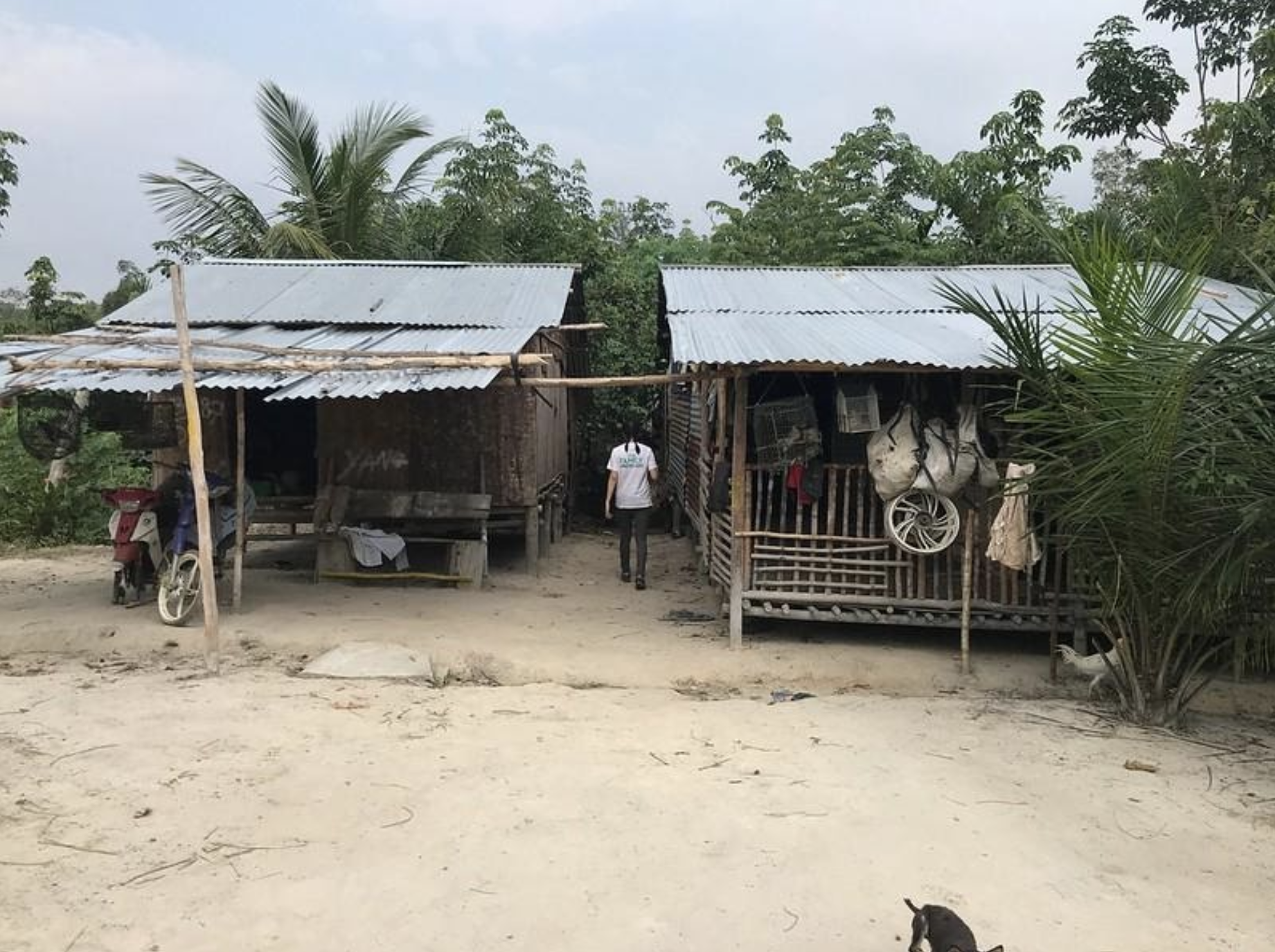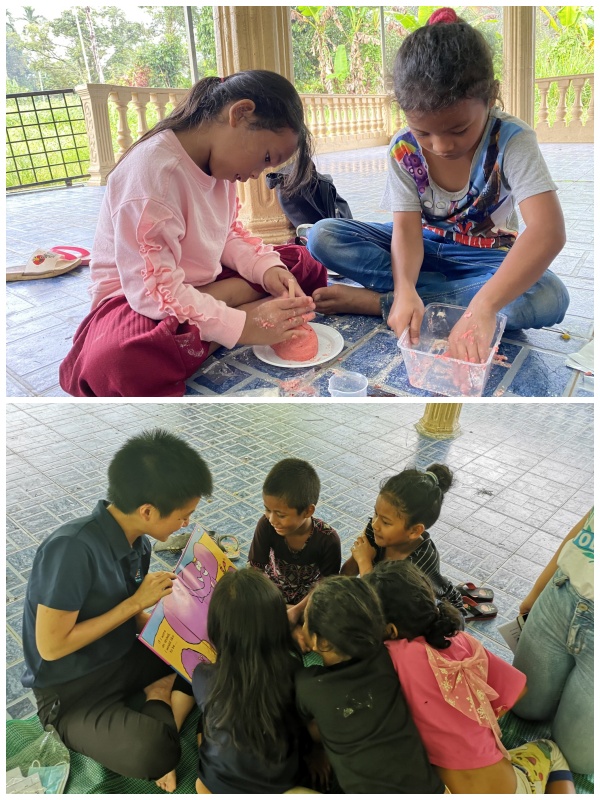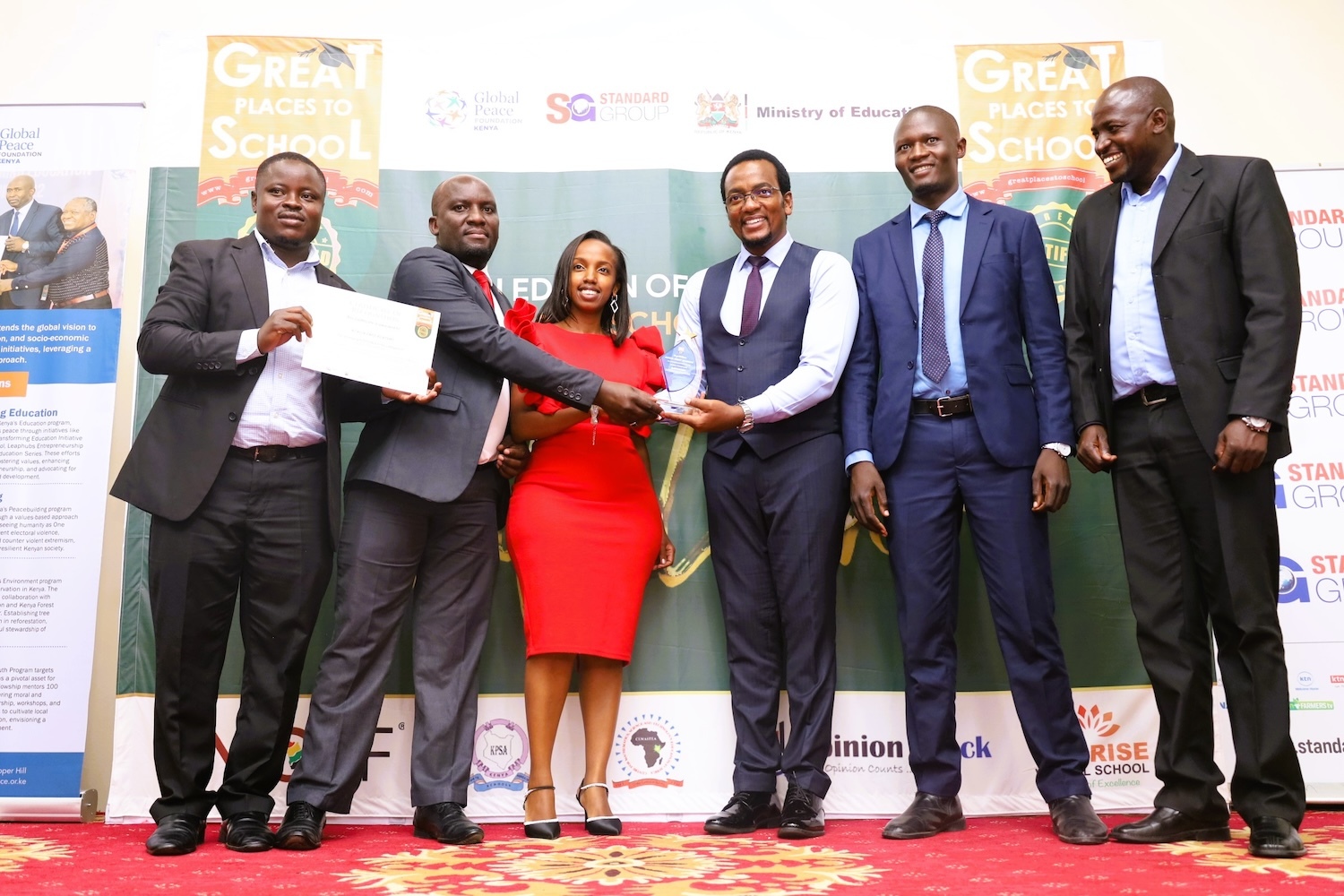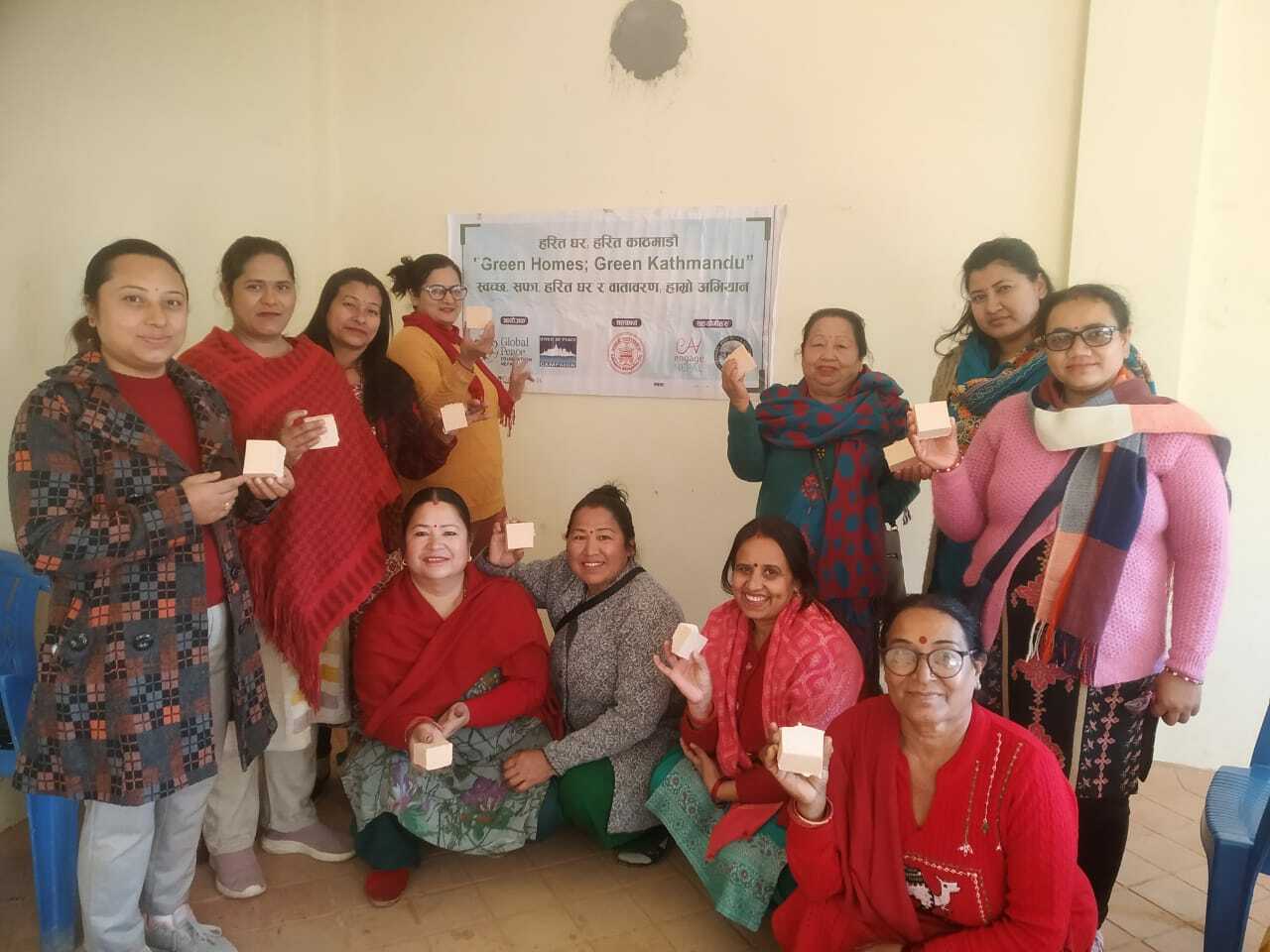by Ruhaishah Zulkifli
The Orang Asli have lived undisturbed in the remote jungles of the Malay peninsula for millennia. Originally migrating out of Africa some 60,000 years ago and comprising just one percent of modern Malaysia’s population, the Orang Asli, or “original people,” have been pushed aside and forgotten, with little access to basic necessities such as clean water, electricity, and education.

Orang Asli housing in Malaysia. Families face economic challenges because of restrictions of movement due to the Covid-19 pandemic.
During the enforcement of the Movement Control Order (MCO) in response to the Covid-19 pandemic, many Orang Asli families faced additional challenges as they were unable to sell their produce (such as serai, petai, and rubber) and in consequence lost their income. This, compounded by their concerns over the unknown nature of the Covid-19 virus, led many to depend on temporary food relief or look for alternative sources of income by seeking jobs in the jungles and plantations.
Global Peace Foundation Malaysia has been working on many programs to address challenges of underserved communities. To foster resilient Orang Asli communities, provide for basic needs, and improve livelihood opportunities, GPF Malaysia strived to actively involve community members in decision-making to ensure a more sustainable impact.
‘Born to Be’ strives to help children and youth realize their full potential through improving literacy and critical thinking skills.
One example is the Communities Unite for Purewater (CUP) program, which provides Orang Asli communities with access to clean water and sanitation facilities. Another project, Born to Be, strives to help children and youth realize their full potential through improving literacy and critical thinking skills.
As an intern at Global Peace Foundation, I recently visited Orang Asli communities to assist in this work and gain more understanding of their struggles for a decent living and a hopeful future.

Play-based learning focusing on phonetic skills supports early childhood literacy and science education among the Orang Asli.
My involvement in Born to Be, under guidance from Global Peace Foundation program officers, has enabled me to see first-hand how the program has benefited Orang Asli children and youth through play-based learning, focusing on building the children’s phonemic skills. The program is being implemented in collaboration with MyReaders, a non-profit organization working to reduce the illiteracy rate among children and to help youth explore vocational opportunities outside of their comfort zone, especially during this challenging time.
Toward sustainable development
Lack of access to basic necessities greatly impacts one’s quality of life and is one of the main reasons why Orang Asli villagers are trapped in a vicious cycle of poverty that repeats itself for generations. Even with the support of independent organizations, no sustainable changes can be made without government policies and law that acknowledge the rights of the Orang Asli community.
According to one recent policy proposal,* the Aboriginal Peoples Act of 1954 should be reviewed to allow for better planning of sustainable development programs that will provide indigenous communities with more secure access to housing, electricity, clean water and education. Proper education specifically will enable the Orang Asli to see beyond their limited and accustomed experience and pursue better living standards. Such a commitment can provide long-term solutions and offer the Orang Asli a brighter future for the upcoming generations.
Ruhaishah Zulkifli is an Associate Intern with Global Peace Foundation Malaysia.
*Kamarulzaman and Osman, “Educational Policy and Opportunities of Orang Asli: A Study on Indigenous People in Malaysia” (2008)



